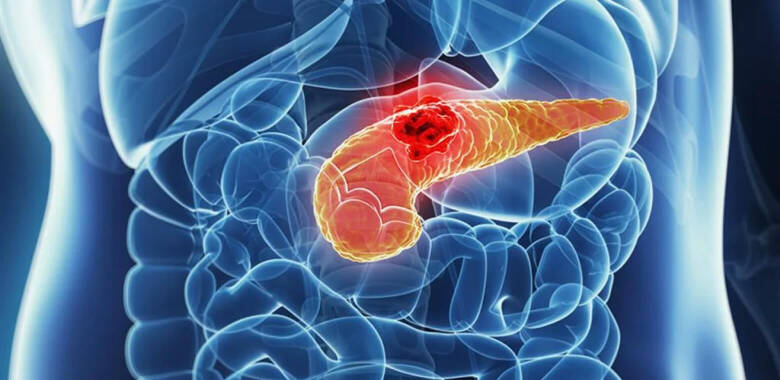Miami Research Institute conducts clinical trial to evaluate the effects of omega-3 fatty acids and vitamin D on diabetes progression.
of type 1 diabetes. The study group will consist of 56 adults and children.
A pilot study of high doses of Omega-3 and Vitamin D in T1D (POSEIDON) is being conducted by the Diabetes Research Institute at the University of Miami Miller School of Medicine. Its main goal is to prove that the use of high doses of Omega-3 and vitamin D can suppress the development of type 1 diabetes.
The researchers' theory is based on the properties of both substances to protect insulin-producing cells.
"The role of omega-3 / vitamin D in maintaining beta-cell function in children with type 1 diabetes requires further research," said Dr. Camillo Ricordi, sponsor of the POSEIDON study.
POSEIDON will involve 56 adults and children with diabetes. Both those who have recently been diagnosed with diabetes and those who have had the disease for more than 6 months are eligible. Thanks to this variation, researchers will be able to assess the consequences of early and late interventions.
For one year, subjects will receive vitamin D alone or in combination with omega-3 fatty acids. At the same time, insulin treatment will be continued, and researchers will control the diet of program participants. After the expiration of the term, the subjects will have a year of medical observation.
During the follow-up period, researchers will measure the long-term effects on blood sugar levels and monitor any other spikes in insulin.
According to Dr. Camillo Ricordi, if the combination of omega-3 and vitamin D can delay the progression or cessation of autoimmunity in type 1 diabetes, it is expected that this will maintain insulin secretion, minimize exogenous insulin use and improve metabolism, which will reduce to minimize the risks associated with unstable blood glucose levels.
Dr. Ricordi also hopes that if the results are positive, they can be used not only to help people with type 1 diabetes, but also to help people with other autoimmune diseases.
Reversible autoimmunity can be useful not only in type 1 diabetes. In fact, similar strategies should be tested to treat other autoimmune diseases, such as rheumatoid arthritis and lupus erythematosus, commented Dr. Ricordi.










